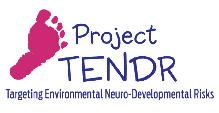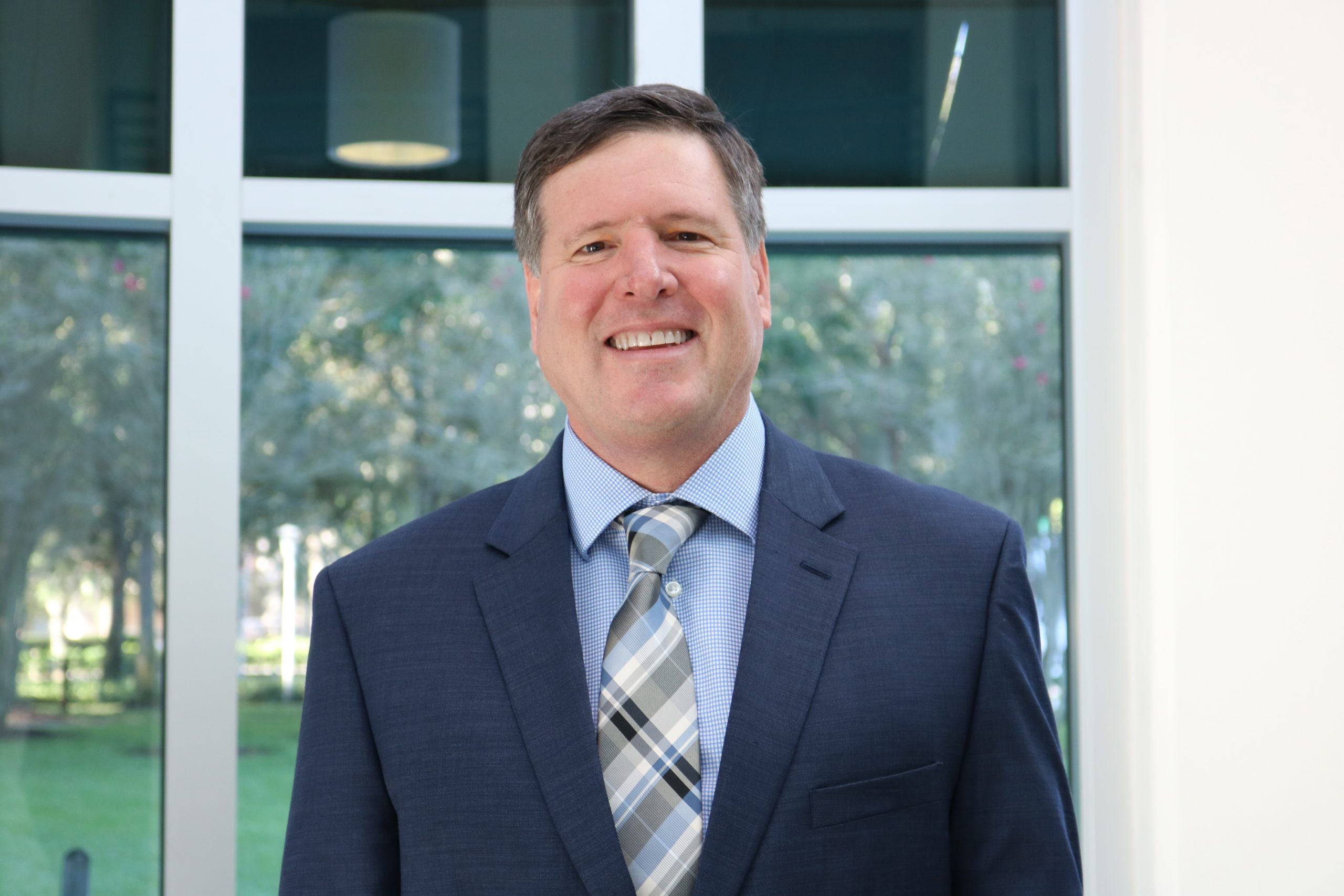MEDIA CONTACT:
Maureen Swanson, Healthy Children Project Director, Project TENDR Co-Director, Learning Disabilities Association of America
Chlorpyrifos is linked to long-term damage in children’s developing brains
Pittsburgh, PA (June 6, 2017) –Today, a dozen health and labor organizations represented by Earthjustice filed an administrative appeal to the U.S. Environmental Protection Agency, urging the federal government to ban chlorpyrifos, a widely used agricultural pesticide that has been linked to reduced IQ, loss of working memory and attention deficit disorder in children.
It is up to EPA Administrator Scott Pruitt to decide the appeal.
This direct appeal to the EPA appeal was filed on behalf of the Learning Disabilities Association of America (LDA), League of United Latin American Citizens, United Farm Workers, Farmworker Association of Florida, Labor Council for Latin American Advancement, Farmworker Justice, GreenLatinos, National Hispanic Medical Association, Pineros y Campesinos Unidos del Noroeste, California Rural Legal Assistance Foundation, Pesticide Action Network North America and Natural Resources Defense Council.
“This pesticide does lasting harm to babies’ brains, leaving children, parents and schools struggling to deal with life-long effects on learning, attention, and behavior,” said Maureen Swanson, Director of the LDA’s Healthy Children Project. “LDA joins in filing this appeal because EPA has abdicated its responsibility to protect our most vulnerable citizens from toxic chemicals.”
In 2016, a group of nearly 50 eminent scientists, health professionals and children’s advocates published a statement identifying organophosphate pesticides like chlorpyrifos as chemicals for which there is clear and substantial scientific evidence of harm to children’s brain development. The “TENDR (Targeting Environmental Neuro-Development Risks) Statement” concluded that exposure to these pesticides is widespread among pregnant women and children, and is increasing children’s risks for brain-based disorders, such as learning disabilities, IQ deficits, autism, and ADHD. Ms. Swanson co-directs Project TENDR, along with Dr. Irva Hertz-Picciotto, University of California, Davis.
“EPA has repeatedly found chlorpyrifos unsafe, particularly for children, and strengthened that view every time it’s reviewed the science,” said Patti Goldman, the Earthjustice managing attorney handling the case. “Based on the science and the law, the only credible thing to do to protect public health is ban this toxic pesticide.”
In March, the EPA refused to ban chlorpyrifos arguing the science is “unresolved” and that it would study the issue until 2022. With this action, the EPA reversed its own proposal to ban all food crop uses of chlorpyrifos. The agency took this position even though EPA found chlorpyrifos unsafe in drinking water in 2014 and 2015. And even though in late 2016 EPA concluded there is no safe level of chlorpyrifos exposure in food or drinking water, and that workers are exposed to unsafe levels of the pesticide even with maximum protective controls. In 2016, the EPA also confirmed chlorpyrifos is found at unsafe levels in the air at schools and homes adjacent to agricultural areas.
This appeal comes two months after Earthjustice asked federal appeals court judges to order the EPA to decide now whether to ban the pesticide. That court ruling is pending. The new appeal challenges, on its merits, the EPA’s March action that allows chlorpyrifos to continue to be used on food crops.
Since Administrator Pruitt has said he wants to delay the pesticide ban, the groups have also filed a court case that asks the 9th Circuit Court in San Francisco to decide the issues presented in the administrative appeal because of the likelihood of a delayed resolution by the EPA.
Chlorpyrifos was banned from residential use 17 years ago. Yet this organophosphate—which comes from the same chemical family as sarin nerve gas— is still widely used on strawberries, apples, citrus, and more. It is linked to long-term damage to children’s developing brains and nervous systems at low levels of exposure during pregnancy and early childhood. It is also acutely toxic.
About the Learning Disabilities Association of America:
The Learning Disabilities Association (LDA) is a non-profit organization of parents, professionals and adults with learning disabilities providing support, information, and advocacy on behalf of individuals with learning disabilities. For further information go to www.ldaamerica.org.

 Retailers selling directly to early care and education programs, including child care programs and Head Start, need to do more to screen out harmful chemicals, a new report to be released Monday finds.
Retailers selling directly to early care and education programs, including child care programs and Head Start, need to do more to screen out harmful chemicals, a new report to be released Monday finds.








